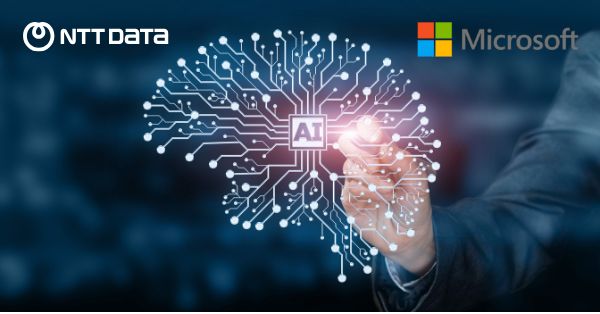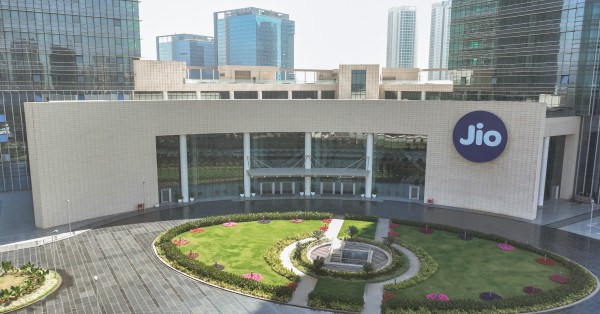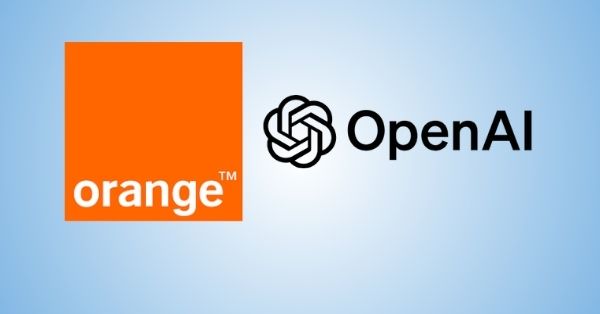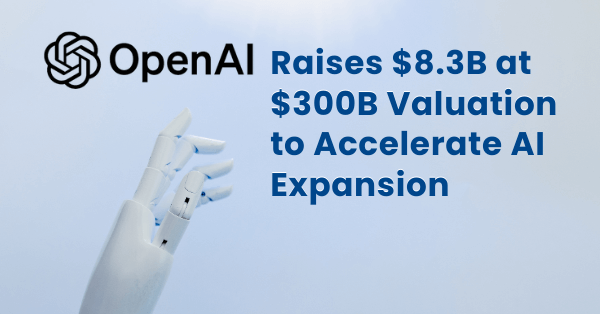In the evolving world of Artificial Intelligence (AI), Apple is now entering the race with its AI chatbot, currently being tested and internally referred to as “Apple GPT,” as reported by Bloomberg’s Mark Gurman. The tech behemoth is trying to compete with big names like OpenAI and Google, reflecting a growing trend toward AI application development among tech giants.
Apple’s testing of its chatbot comes on the heels of its development of a proprietary framework named “Ajax.” Created using Google’s machine learning framework, Google JAX, this structure operates on Google Cloud and forms the foundation for the creation of large language models. Similar to other AI systems like ChatGPT from OpenAI and Bard from Google, Ajax serves as a stepping stone towards Apple’s AI ambition.
Despite initial hesitation due to security concerns over generative AI, the chatbot has been expanded to more Apple employees. Yet, it’s crucial to note that access requires specific approval to ensure controlled use of the new technology. Furthermore, any output from the chatbot cannot be used to develop customer-facing features, keeping consumer data and privacy concerns at the forefront.
One of the significant uses of the AI chatbot within Apple is in the realm of product prototyping. The chatbot can be utilized to summarize text and answer queries based on the data it has been trained with, making it an efficient tool for development and design processes. Despite these advances, the chatbot doesn’t bring any novel features compared to existing AI chatbots like Bard, ChatGPT, and Bing AI.
Simultaneously, Apple is on the hunt for experts in generative AI. This hiring initiative suggests Apple’s commitment to strengthening its AI capabilities and delivering the best AI products in the competitive tech industry. Their job listings explicitly mention a “robust understanding of large language models and generative AI,” indicating the desired skillset for their potential employees.
Apple’s approach to AI development has been markedly more cautious than competitors like Google, Microsoft, and Meta, who have aggressively released generative AI products to the public. Apple’s reticence may be due to its historical commitment to user privacy, which can be a complex issue to navigate with AI technologies. Yet, with AI features integrated across its existing products and apps, Apple is now working to meet customer demand for more sophisticated, generative AI tools.
Apple’s CEO, Tim Cook, has been vocal about the company’s approach to AI, emphasizing that while they intend to add more AI to their products, it would be done in a thoughtful and privacy-centric manner. This balanced approach shows Apple’s commitment to providing advanced technology without compromising the security and privacy of its users.
As the tech giant prepares to make a significant AI-related announcement next year, industry experts and consumers alike eagerly anticipate how Apple’s entrance into AI will shape the landscape. Will Apple be able to disrupt the status quo, or will it simply fall in line with the current players in the field? Only time will tell.































